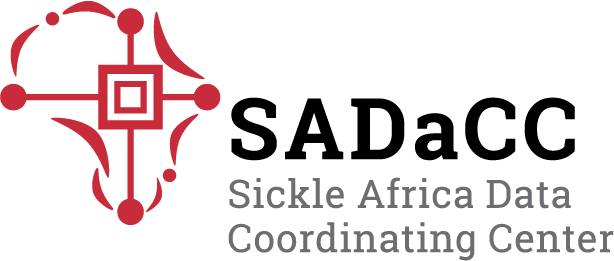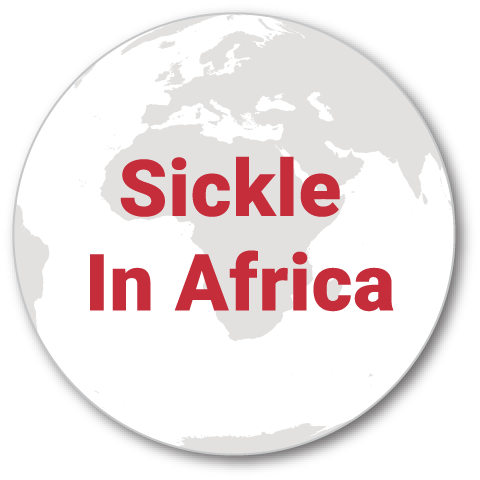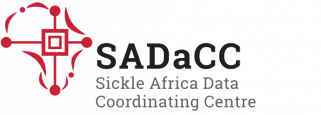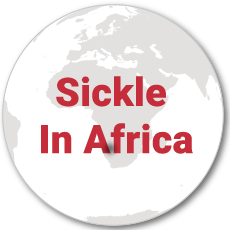Research is currently underway to build a comprehensive and sustainable database for Sickle Cell affected individuals living in Sub Saharan Africa. To maximise the utility of this database - specifically for the needs of the local communities involved - it is imperative that researchers from many African institutions are able to effectively plan and execute research projects aimed at reducing the burden of this disease, for both nearby residents, and the world sickle cell community as a whole. This course will give participants the tools needed to design and implement such studies. Students will learn how to: apply for necessary clearances; collect and analyse their own high quality data with high performance computational methods; integrate their data with other studies; interpret the results in the wider context of epidemiology and shifts in government policy.




